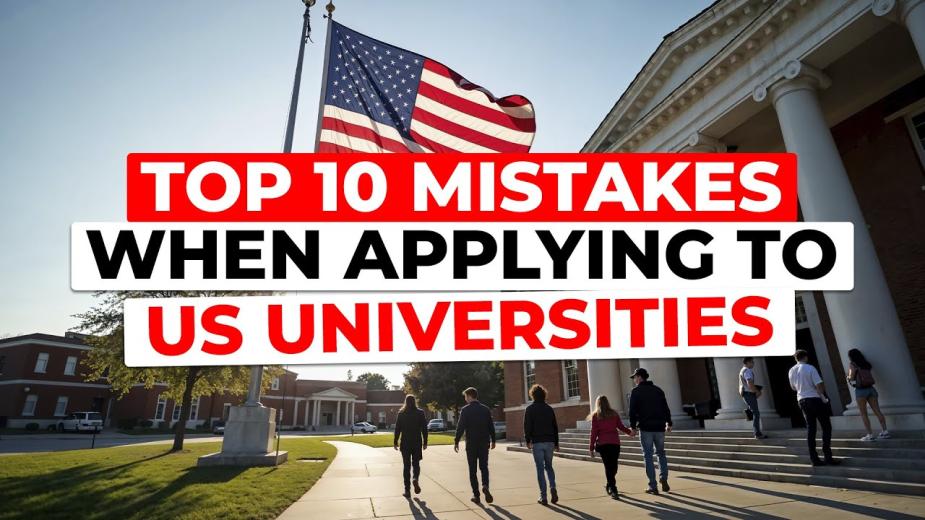When we talk about American lawyers, we most often imagine well-groomed men and women in expensive suits, looking at the world from the height of an office in a skyscraper with panoramic windows somewhere in Manhattan, exciting legal battles... And, of course, money, money, money – this profession is considered not only respectable, but also very well paid: on average, an American lawyer earns about 150-155 thousand USD a year.
For this reason, a legal education in America attracts ambitious and promising students from all over the world. This is rightfully so: studying here, although difficult, is famous for the highest level of quality, and a diploma from an American law school opens up dozens, if not hundreds, of opportunities for a dizzying career in such fields as business, law, politics, academia or diplomacy.
Below you can get a glimpse at modern legal education in America is, how future sharks of the legal business study and what is needed for successful admission.

Key features of the legal education system in the United States
Firstly, there are no bachelor's degree programs in law – however, to become a lawyer, you must have a bachelor's degree in any case. It doesn't matter which one – you can be an economist, sociologist, political scientist, even an IT specialist. The degree should be.
To become a lawyer, you need to choose one of two options: either to study as a Juris Doctor (JD), or to become a Master of Laws (LLM). What is the difference between them and which is better?
- Juris Doctor is a three-year program for generalists. To enroll in such a program, you need a bachelor's degree and the results of a standardized test for applicants to law schools — the LSAT. It can be written both in the United States and abroad, it is held four times a year, but one person can take it only three times during the calendar year. Didn't it work out? It will be possible to repeat it next year, but there are two nuances here. Firstly, the exam is paid, one attempt costs ~$200. Secondly, you should go to each new exam with the results of your unsuccessful attempts over the past five years.
- Master of Laws lasts only a year, but instead of multidisciplinary generalists, they produce those who specialize in one thing. But such a diploma will be of help to those who will then enter the JD program — they will have to study for a year and a half less, so some future lawyers are considering the option of combining the pleasant and useful: not only to get a universal and narrow qualification, but also to save time and money. In short, the program is good for everyone, except for a nuance: you can take the bar exam immediately after it only in five states, and in all the rest, you first need to acquire practice in your specialty in less significant positions.
- There is also LLM. This is also a specialized program, a kind of master's program, an add-on to JD. It is implied that before graduation you will also need to defend your diploma, which is not supposed to be done at JD. Oh, yes, one more nuance! You can enter here only after J.D., or with a higher education in law brought from abroad. That is, the right path will look like this: 4 or 3 years of bachelor's degree, then 3 years of J.D. (again, a foreign bachelor's degree is also suitable, in this case, the task of the program is reduced to retraining, "sharpening" to the realities of work in the United States and the peculiarities of the local education system).
There is also the MLS — a master's degree for legal studies: it will not allow you to pass the bar exam, but it is suitable for those who would like to acquire certain legal skills for related work.

Licensing Exams
The keystone of American legal education is Bar Exams. This archaic name reflects the concept of three centuries ago, when passing an exam meant a symbolic transition from the category of students to the category of teachers.
The exam is taken for several days (how many depends on the state). They are carried out twice a year: in summer in July, and in winter - usually in February. Bar exam consists of two parts, each with theoretical and practical problems, as well as an essay. The first part includes questions on national law, while the second part is reserved for the law of the state where you take the exam.
In addition to a good mastery of theoretical and practical material, you will need to demonstrate what is now commonly called soft skills: the commission will have to make sure that you are charismatic and capable of being persuasive, have a cool mind and a sober mind even in the most difficult situations, in a word, that you will take a worthy place in the corporation. In total, in order to successfully pass the exam, you will need to demonstrate good preparation in 20-25 areas of jurisprudence.
You can prepare for the exam not only in law school, but also in one of the special preparatory centers. Centers are not available in all states, studying here lasts up to two months and will cost a student several thousand dollars (this is in addition to exam fees, which also vary depending on the state).

How are lawyers taught in the United States?
The program includes the study of theory, the subtleties of legal correspondence and language in general, the analysis of offenses, contract and obligation law, the theoretical basis for various branches of law.
Third-year students choose one or more specialties, for example, European or international law (both private and public, as well as the law of international organizations, humanitarian and several other specific subfields), immigration, pension or intellectual property (the choice is quite wide).
Great importance is attached to internships. A successful internship can change the fate of a student – for example, some gifted young people (or those who spend literally superhuman efforts on their studies and compensate for the unbetrayed spark of God with official zeal and diligent study) can be offered a permanent job as early as the second or third year!
But studying to become a lawyer in the United States is based on three pillars: intensive self-study (students sometimes study for 10-12 hours a day, and not only during the session, but also on a regular basis – and so on for three years, so not everyone can withstand such a pace), countless practical tasks and the Socratic method.

Socratic method, countless tasks and huge loads
The Socratic method is a feature of the American system, even in Europe or the UK it is practically not used.
The point is to take a case from practice and conduct a lesson on it in the form of a dialogue: the teacher asks students questions, and everyone in the classroom should at any time start a discussion on the topic of the lesson or continue it.
The American legal system is built around precedents — court decisions that have a rule-making significance, so learning is not only difficult, but also interesting: each decision is a kind of living detective story, and the most meticulous, of course, pay live attention to the arguments used.
It is impossible to learn everything thoroughly, and it is not necessary – the task of the student is not to answer correctly, but to demonstrate the ability to justify his position, hone logical thinking, put evidence in a neat chain, building a line of defense or accusation.










